Neurosurgery
Overview
The Neurosurgery Department of SRRSH was established in 1994 as a comprehensive unit that integrates clinical practice, medical research, and education. It currently comprises 33 licensed physicians, including 6 chief physicians, 5 deputy chief physicians, 10 attending physicians, and 12 resident physicians. Our department provides diagnosis and treatment for a diverse array of conditions within neurosurgery, including comprehensive treatment for central nervous system tumors, endoscopic minimally invasive surgeries (including posterior fossa endoscopy), functional neurosurgery, management of cerebrovascular diseases (including interventional treatments), operations for congenital and inflammatory diseases of the spine and spinal cord, as well as emergency surgeries for traumatic brain injuries.
Additionally, our surgical unit is equipped with advanced imported technologies such as neuronavigation systems, stereotactic devices, three-dimensional digital subtraction angiography (DSA) technology, neuroendoscopes, intraventricular endoscopes along with a complete set of state-of-the-art microsurgical instruments. Utilizing these domestic cutting-edge facilities enables us to perform various minimally invasive neurosurgical procedures effectively while minimizing patient trauma and improving outcomes.
Technical advantages
Our department adheres to the guiding principle of "minimally invasive and precise" in pursuit of establishing China's foremost advanced micro-invasive and precise neurosurgery service. We thoroughly implement minimally invasive and precision concepts across multiple domains within neurosurgery-including functional neurosurgery, treatment of intracranial tumors, management of cerebrovascular diseases, spine and spinal cord diseases, craniofacial trauma, and congenital malformations. In 2000, we became the first institution in Zhejiang Province to utilize neuronavigation technology. This pioneering effort has significantly advanced our minimally invasive techniques which are now recognized as leading in this region.
Academic status
Our department is dedicated to training specialized neurosurgery practitioners and providing educational programs for undergraduate and seven-year graduate students at Zhejiang University School of Medicine. Also, We have organized multiple sessions of the"Advancements in Adult Hydrocephalus Treatment"class and neurosurgery forums, enhancing our academic standing within Zhejiang Province. Furthermore, we offer advanced medical services and technologies that are considered leading in Zhejiang Province, including:
Endoscopic skull base surgery (e.g., endoscopic nasal skull base surgery, endoscopic ventricular surgery, transcranial endoscopy: endoscope-assisted surgery and management of intracerebral hemorrhages)
Surgery for normal-pressure hydrocephalus
Deep Brain Stimulation (DBS) interventions for Parkinson's Disease and dystonia
Craniotomy or embolization procedures for intracranial aneurysms
Carotid endarterectomy for stenosis
Janetta surgery (Microvascular Decompression) for trigeminal neuralgia and facial spasm
Intraoperative Electroencephalography for epilepsy surgery
Surgical interventions for spinal and vertebral canal disorders
Comprehensive management strategies for gliomas
Research achievements
Our department exhibits a robust research capabilities with notable basic and clinical accomplishments research profile brain trauma, cerebral hemorrhage, and brain tumors. To date, we have led more than 10 provincial or national scientific research projects, and published over 100 academic articles, more than thirty of which have been indexed by SCI. Moreover, we serve as the editor-in-chief of "Neurosurgical Critical Care" (ISBN7-308-02925-5, Zhejiang University Press), and have contributed to a comprehensive textbook compilation.
Experts
-
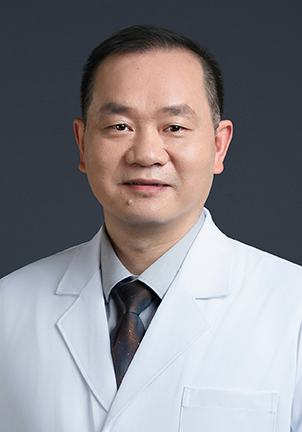 YANG ShuxuSenior Consultant
YANG ShuxuSenior Consultant -
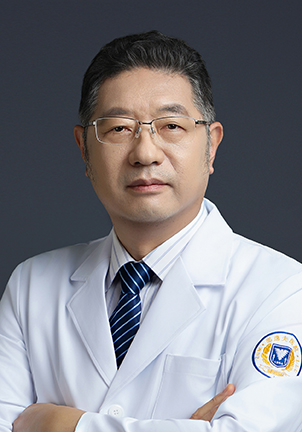 WANG YirongSenior Consultant
WANG YirongSenior Consultant -
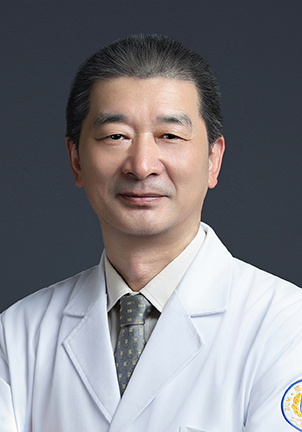 ZHU XianliSenior Consultant
ZHU XianliSenior Consultant -
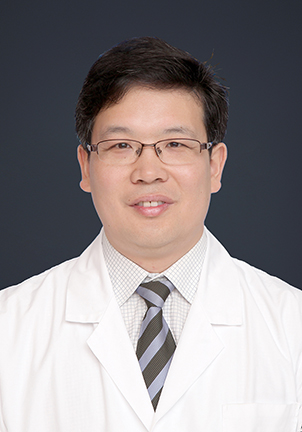 LI XinweiSenior Consultant
LI XinweiSenior Consultant -
 MA LiSenior Consultant
MA LiSenior Consultant -
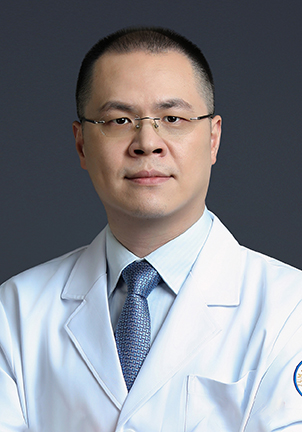 QI XuchenSenior Consultant
QI XuchenSenior Consultant -
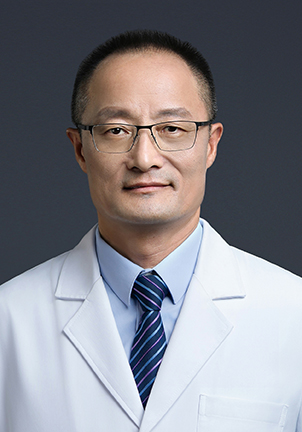 NIU HuanjiangConsultant
NIU HuanjiangConsultant -
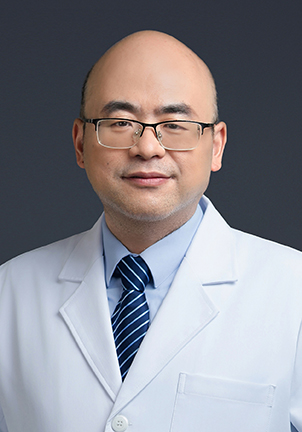 YE XinConsultant
YE XinConsultant -
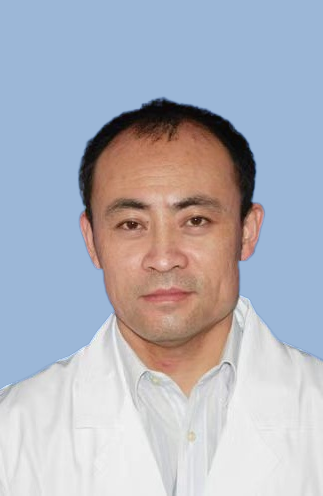 GUO HongbinConsultant
GUO HongbinConsultant -
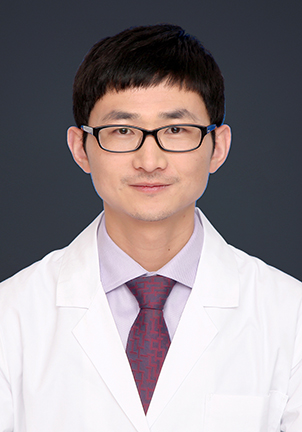 WANG KunConsultant
WANG KunConsultant -
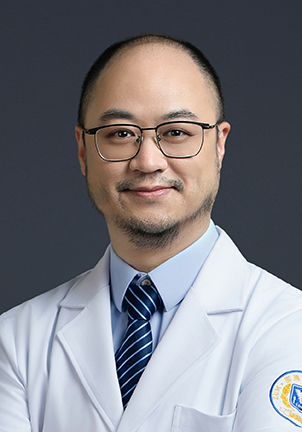 SONG ZhengfeiConsultant
SONG ZhengfeiConsultant -
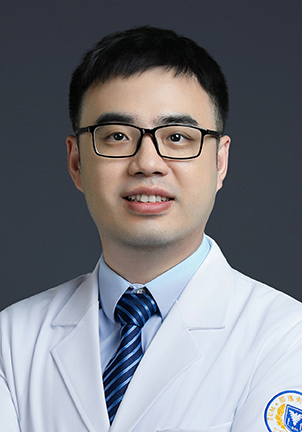 LYU JunhuiConsultant
LYU JunhuiConsultant -
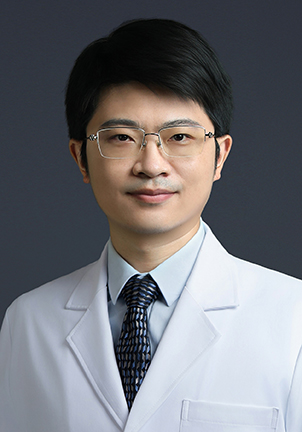 ZHANG QianConsultant
ZHANG QianConsultant -
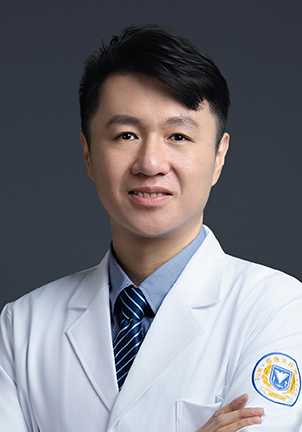 LU PengConsultant
LU PengConsultant














